Blackleg is one of the oldest farming diseases recorded in Ireland and is still a problem today.
In the last week, I know of two farmers who have lost animals from blackleg. One of these farmers lost three suckler weanlings in the one day, which is a huge loss for any farming business.
Blackleg is a clostridial disease that affects cattle. Clostridial disease is one of the most common causes of death in cattle aged six to 18 months, second only to pneumonia.
Blackleg is caused by clostridium chauvoei. This bacteria forms spores in soil that are very resistant and can survive for many years.
Clostridial disease is often, but not always, associated with disturbances to soil.
This can be in the form of drain clearing or shed building, roadway maintenance or simply soil exposed by cattle being fed meal or at a round feeder.
The spores are ingested by the animal and activate in areas of bruised muscle, resulting in the gas formation which gives the characteristic bubbly feeling under the skin.
The first sign is lameness, followed quickly by recumbency (going down) and death.
Treatment is usually too late and unrewarding, with most cases being fatal.
Vaccines
There are several clostridial vaccines on the market, many of which protect against several different clostridial bugs.
It is important to remember that all vaccines are vulnerable to damage if not properly managed. They need to be refrigerated and used quickly once opened.
Each clostridial bacteria cause different diseases, but the one common symptom is they are all usually fatal after a short course.
Different bacteria are prevalent in different areas and your vet is the best person to advise on the most suitable option for your farm and how best to ensure that the vaccine you use is effective. It is not an expensive vaccine, but it can be a very expensive disease.
Donal Lynch owns and runs Donal Lynch Veterinary, Tullamore, Co Offaly, part of XLVets, a group of progressive practices working together to achieve a better future for agriculture and veterinary in Ireland. Visit www.xlvets.ie.



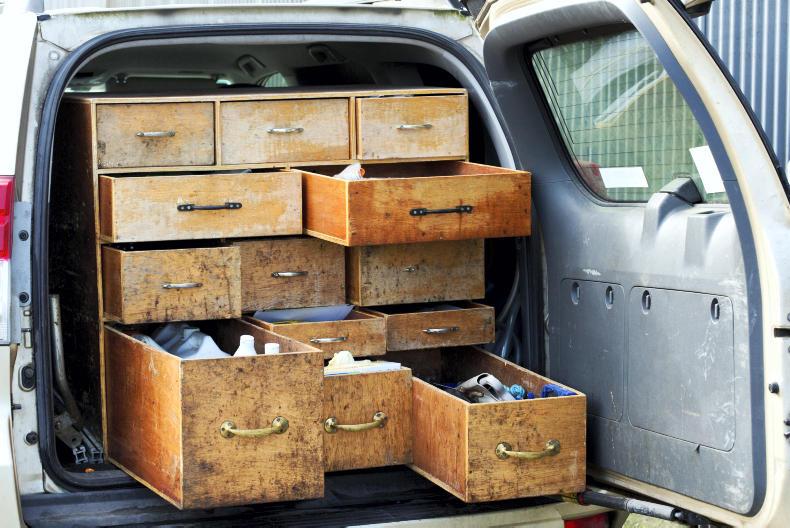

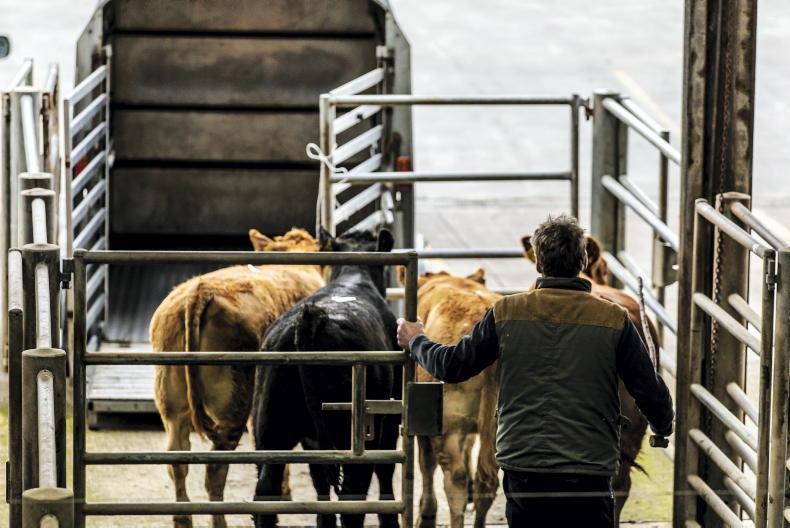

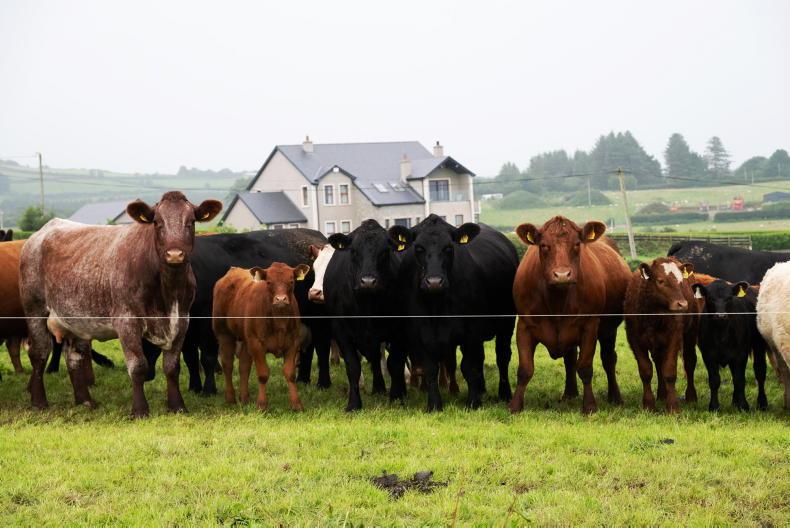
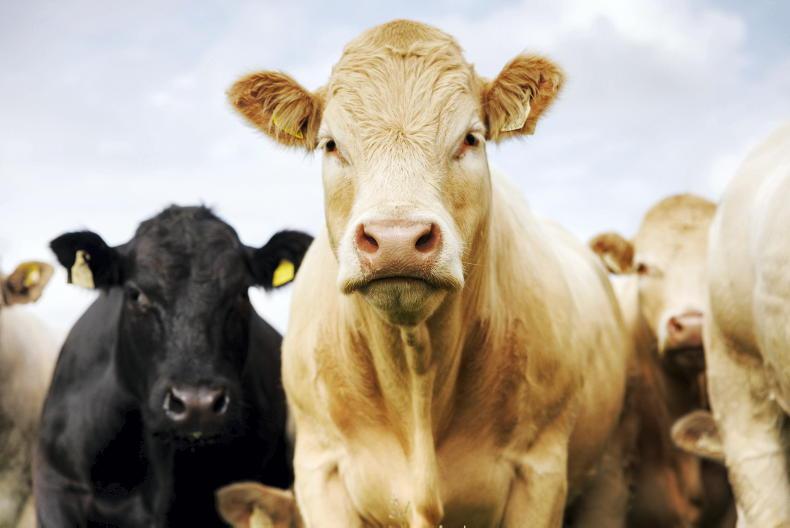
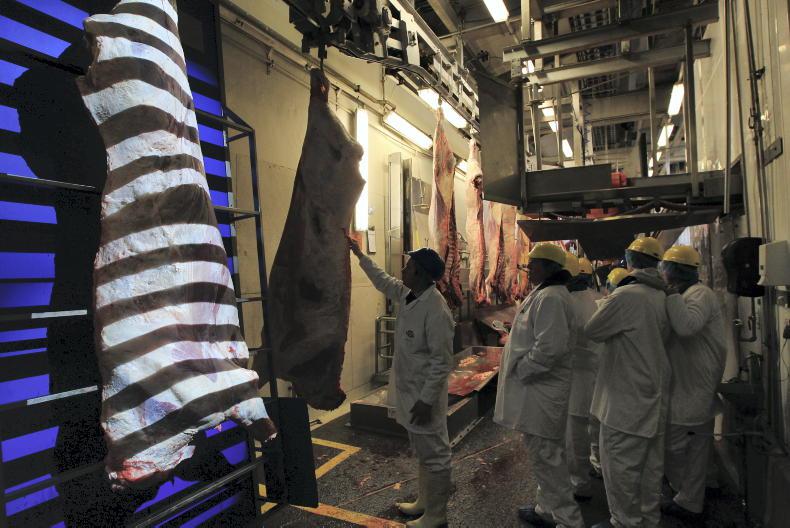
SHARING OPTIONS